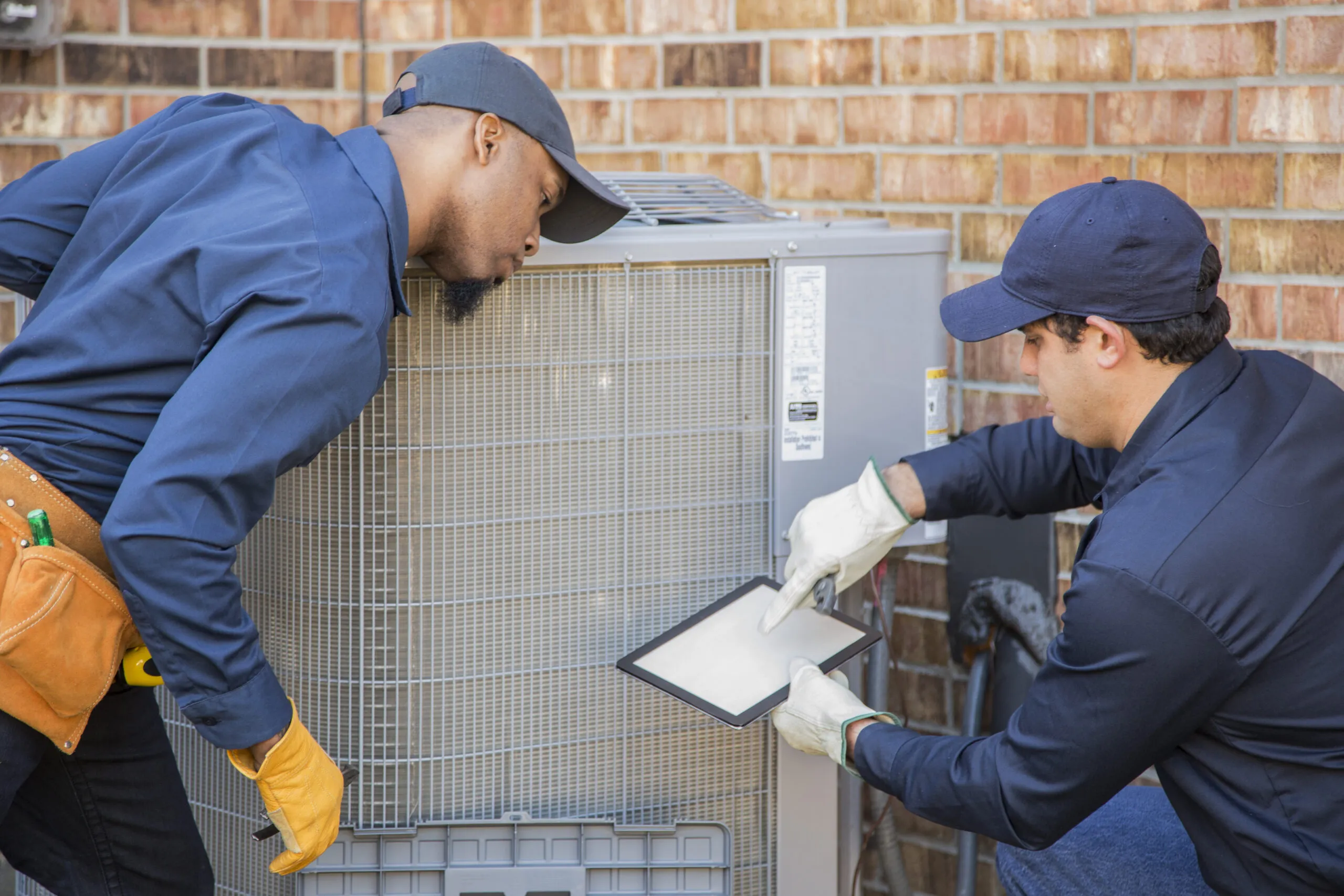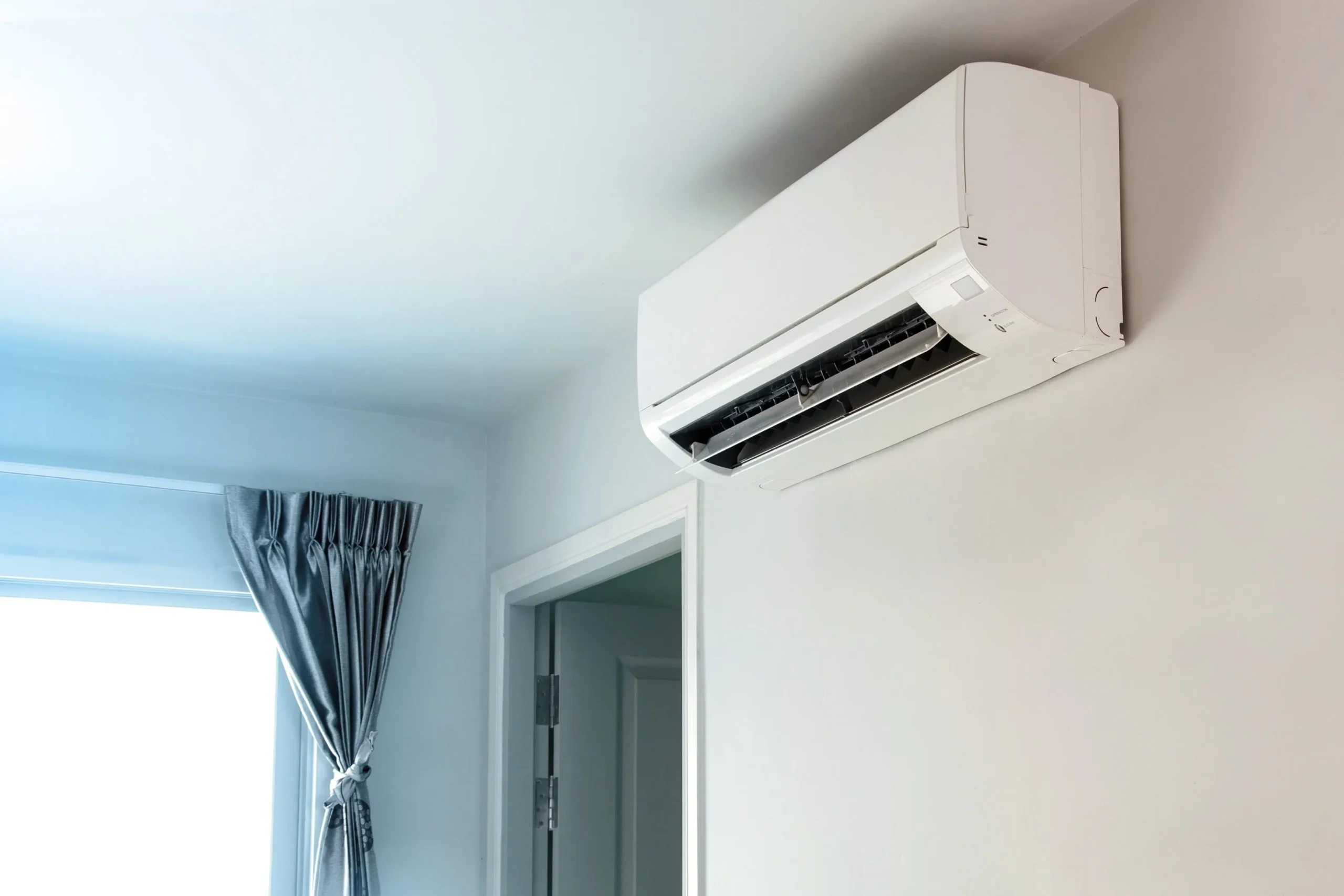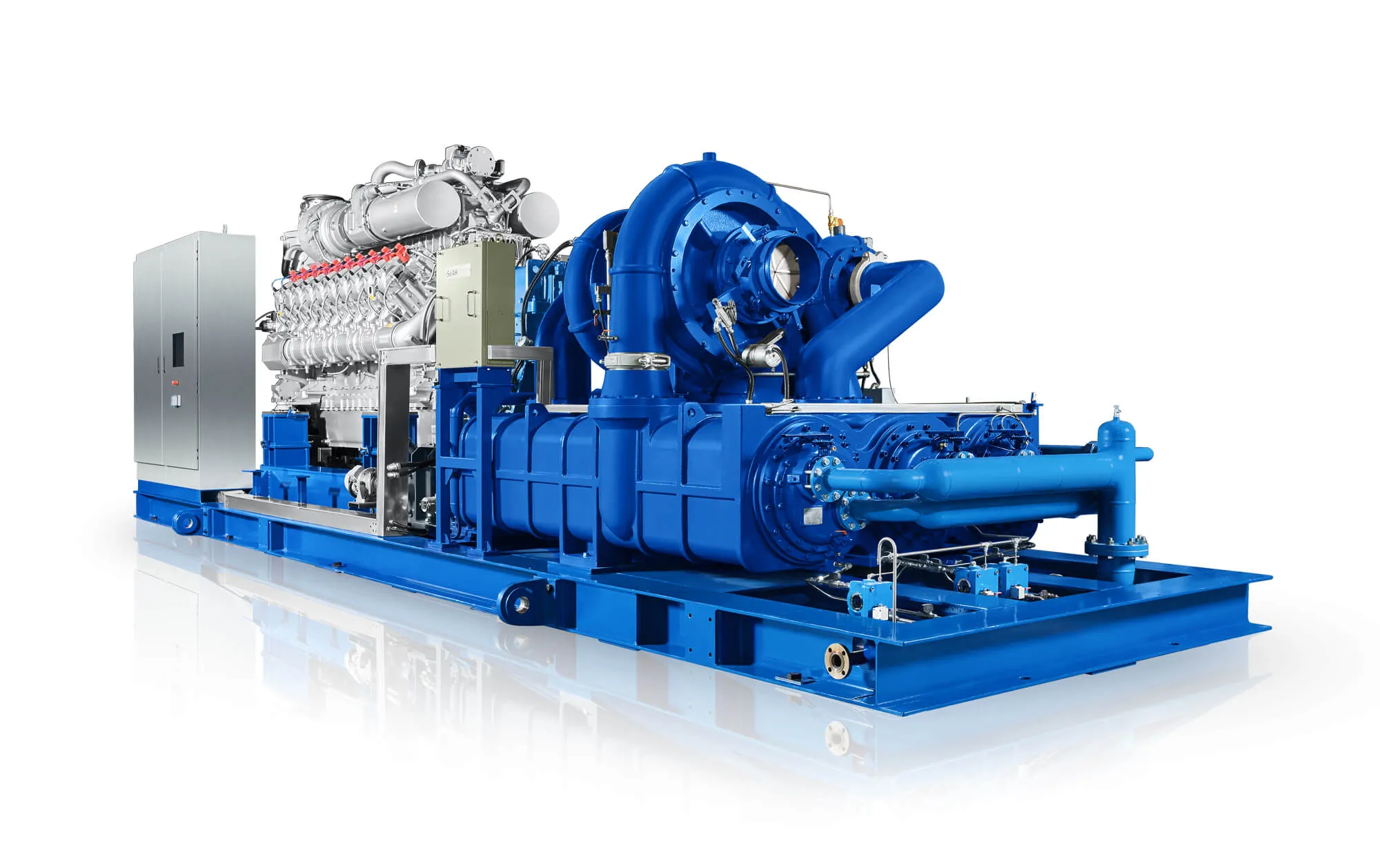Maintaining your HVAC (Heating, Ventilation, and Air Conditioning) system is like caring for your car. You wouldn’t drive your car for years without an oil change, right? Just as regular car maintenance ensures your vehicle runs smoothly, preventative maintenance for your HVAC system ensures it operates efficiently and reliably. Let’s explore some easy yet effective tips to keep your HVAC system in top shape, brought to you by the expert HVAC Maintenance Engineers at Foster International.
Imagine your HVAC system as the heart of your home. It keeps the temperature comfortable, the air clean, and contributes to a healthy living environment. However, just like any other vital organ, it needs regular check-ups and care to function at its best. This article provides essential preventative maintenance tips to help you ensure your HVAC system runs efficiently, saving you from unexpected breakdowns and high energy bills.
Why Preventative Maintenance is Essential
Preventative maintenance is crucial because it helps identify and address potential issues before they become major problems. Regular maintenance can extend the lifespan of your HVAC system, improve its efficiency, and enhance indoor air quality. It also helps in reducing energy consumption, which can lead to significant savings on your utility bills.
Change Your Air Filters Regularly
Air filters are like the lungs of your HVAC system. They trap dust, dirt, and other airborne particles, ensuring clean air circulates throughout your home. Over time, these filters can become clogged, reducing airflow and making your system work harder than necessary.
- When to change? Aim to change your air filters every 1-3 months, depending on usage and the type of filter.
- Benefits: Improved air quality, enhanced system efficiency, and extended equipment life.
Clean the Coils
Your HVAC system’s coils (evaporator and condenser) play a vital role in heat exchange. Dirty coils can lead to reduced efficiency and increased energy consumption.
- How to clean? Gently clean the coils using a soft brush or a vacuum cleaner. For thorough cleaning, consider hiring a professional.
- Benefits: Better heat exchange, lower energy bills, and increased system lifespan.
Inspect the Ductwork
Ductwork is responsible for distributing conditioned air throughout your home. Leaky or dirty ducts can cause energy loss and reduce indoor air quality.
- How to inspect? Check for visible leaks or disconnected sections. Listen for unusual noises that might indicate airflow issues.
- Benefits: Improved airflow, reduced energy waste, and enhanced comfort.
Check the Thermostat
Your thermostat controls the temperature settings of your HVAC system. An inaccurate thermostat can lead to inefficient heating and cooling.
- How to check? Calibrate your thermostat annually. Consider upgrading to a programmable thermostat for better control.
- Benefits: Precise temperature control, increased comfort, and energy savings.
Lubricate Moving Parts
HVAC systems have many moving parts that require lubrication to reduce friction and wear.
- How to lubricate? Apply a few drops of oil to the motor bearings and other moving parts as specified in the manufacturer’s manual.
- Benefits: Reduced wear and tear, smoother operation, and extended equipment life.
Clear Debris from Outdoor Units
Outdoor units are exposed to the elements and can accumulate debris such as leaves, dirt, and grass clippings.
- How to clear? Regularly remove debris around the unit and ensure there’s at least two feet of clearance around it.
- Benefits: Improved airflow, increased efficiency, and prevention of damage.
Schedule Professional Inspections
While DIY HVAC Maintenance work is important, professional inspections by HVAC companies in Dubai ensure comprehensive care.
- When to schedule? Arrange for a professional inspection at least once a year, ideally before the start of the heating or cooling season.
- Benefits: Expert assessment, early problem detection, and peace of mind.
Seal Leaks and Insulate
Leaky ducts and inadequate insulation can lead to energy loss and uneven heating or cooling.
- How to seal? Use mastic sealant or metal tape to seal duct leaks. Ensure your home is properly insulated.
- Benefits: Reduced energy waste, consistent temperatures, and lower utility bills.
Monitor Energy Bills
An unexpected spike in your energy bills can indicate an issue with your HVAC system.
- What to monitor? Keep track of your energy usage and compare it to previous months. If you notice a significant increase, it’s time to inspect your system.
- Benefits: Early detection of issues, energy savings, and improved efficiency.
Conclusion
Maintaining your HVAC system doesn’t have to be daunting. By following these simple preventative HVAC maintenance tips, you can ensure your system operates efficiently and reliably. Remember, regular maintenance not only extends the lifespan of your HVAC system but also enhances indoor air quality and reduces energy consumption. If you need professional assistance, don’t hesitate to contact Foster International, one of the leading HVAC companies in Dubai.
- What should I do if my HVAC system isn’t cooling properly? Check the thermostat settings, air filter, and ensure the outdoor unit is clear of debris. If the issue persists, contact a professional.
How do I know if my ducts are leaking? Look for visible leaks, listen for unusual noises, and monitor your energy bills for unexpected increases.



 Previous Post
Previous Post


